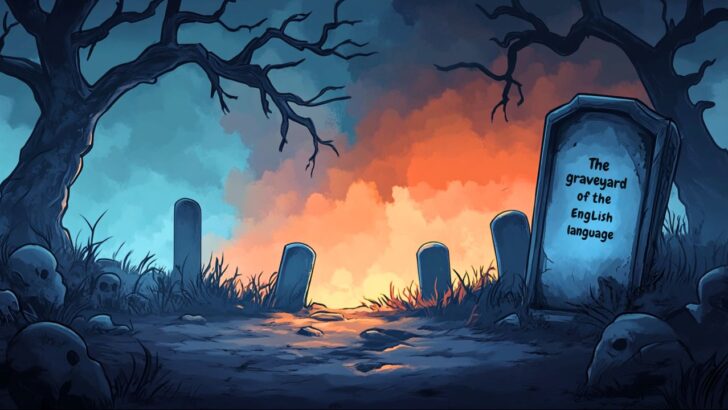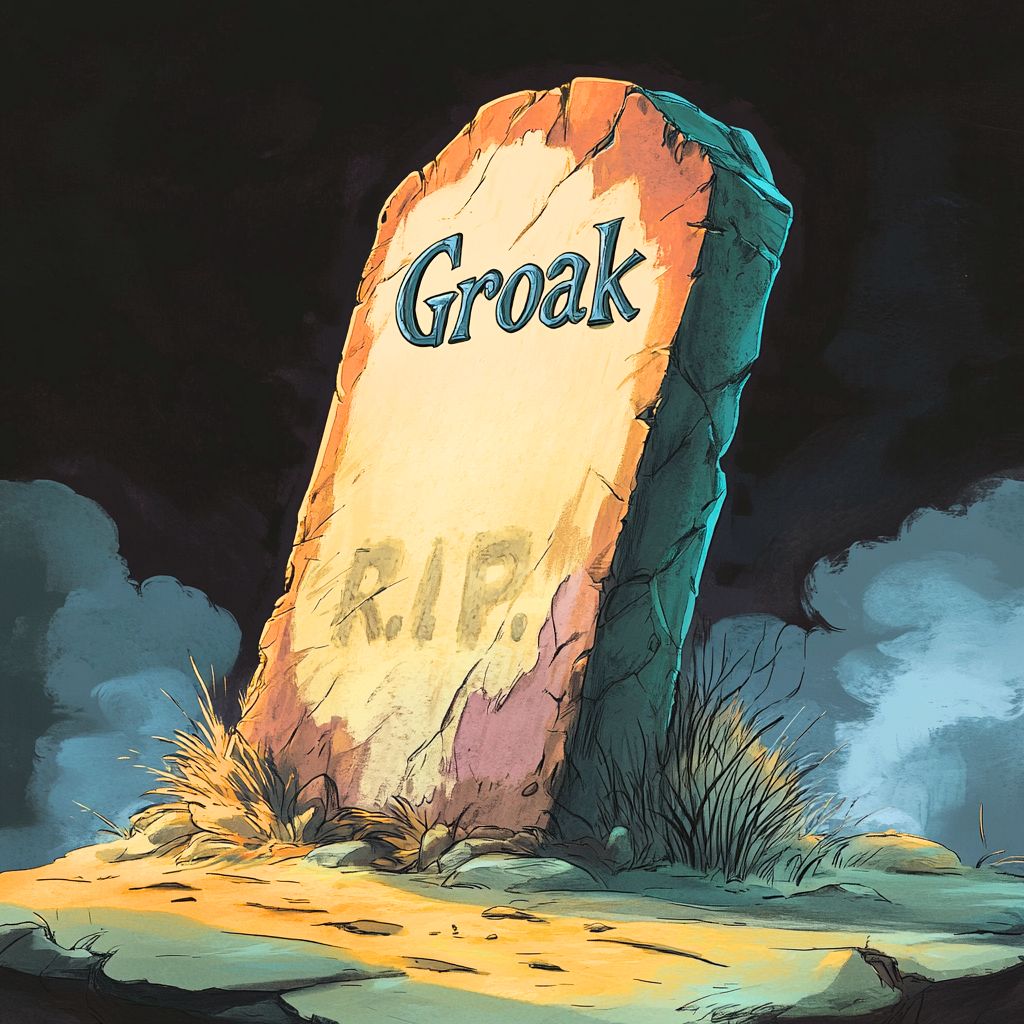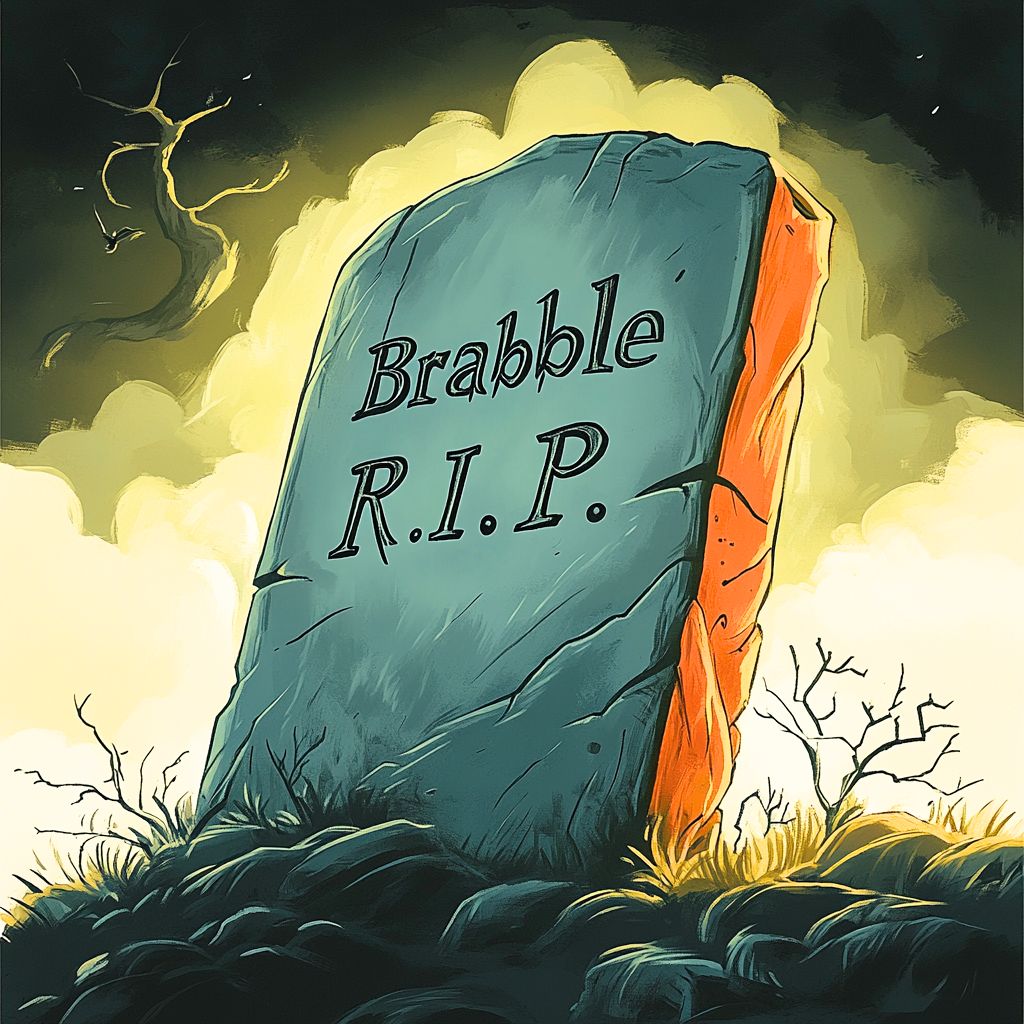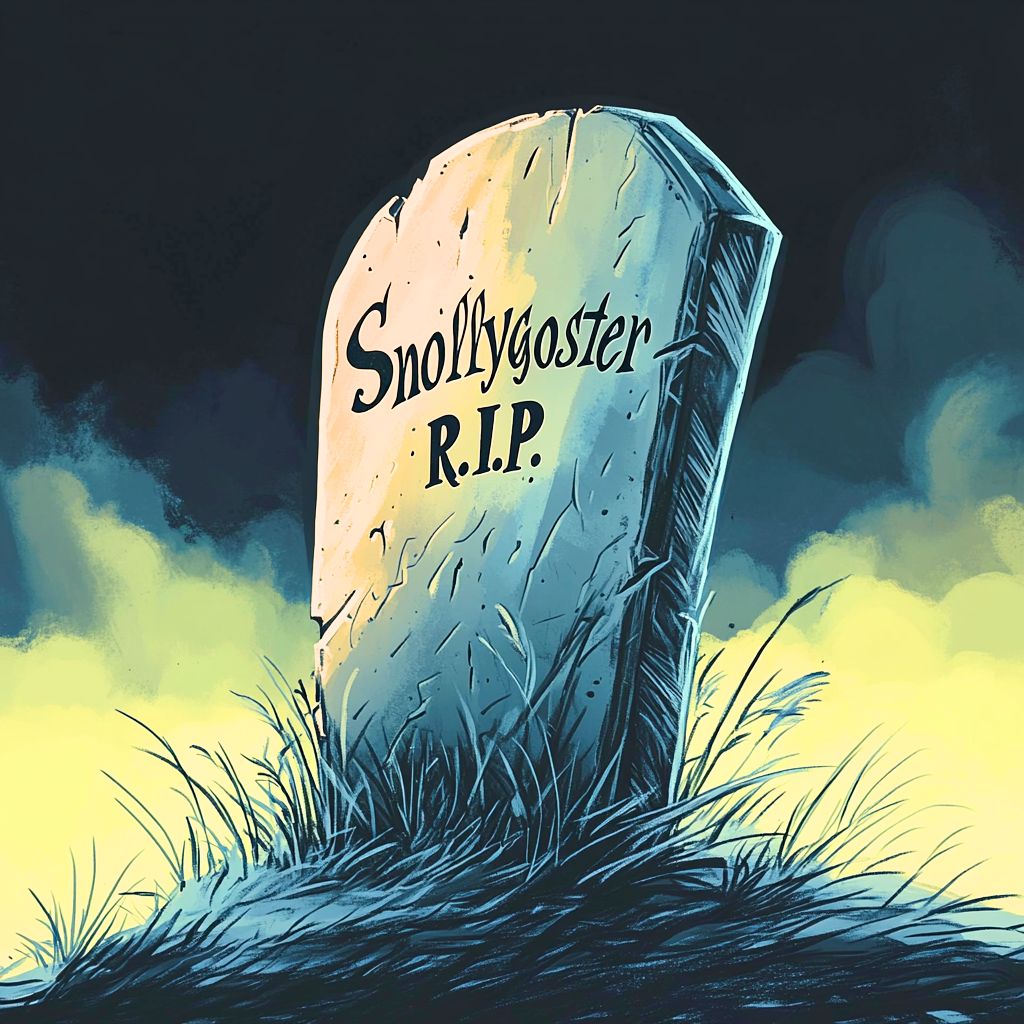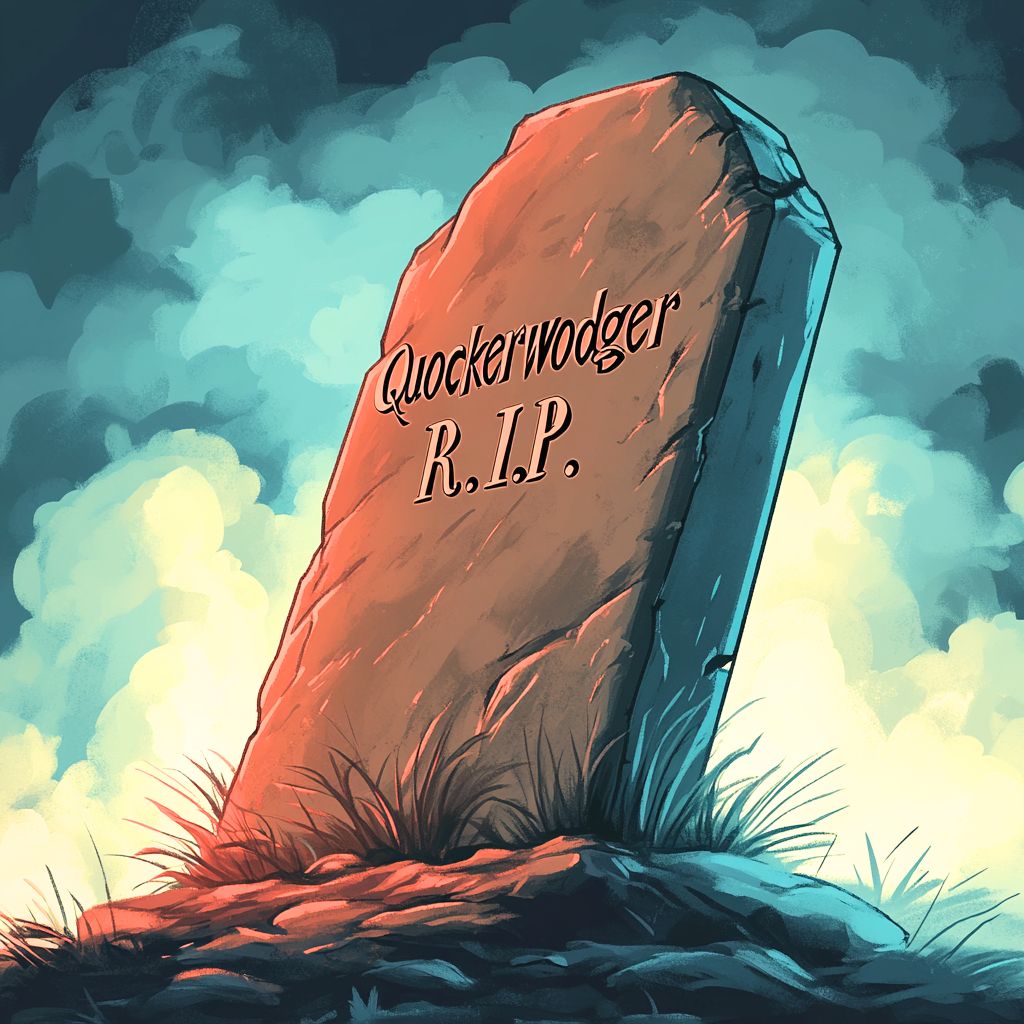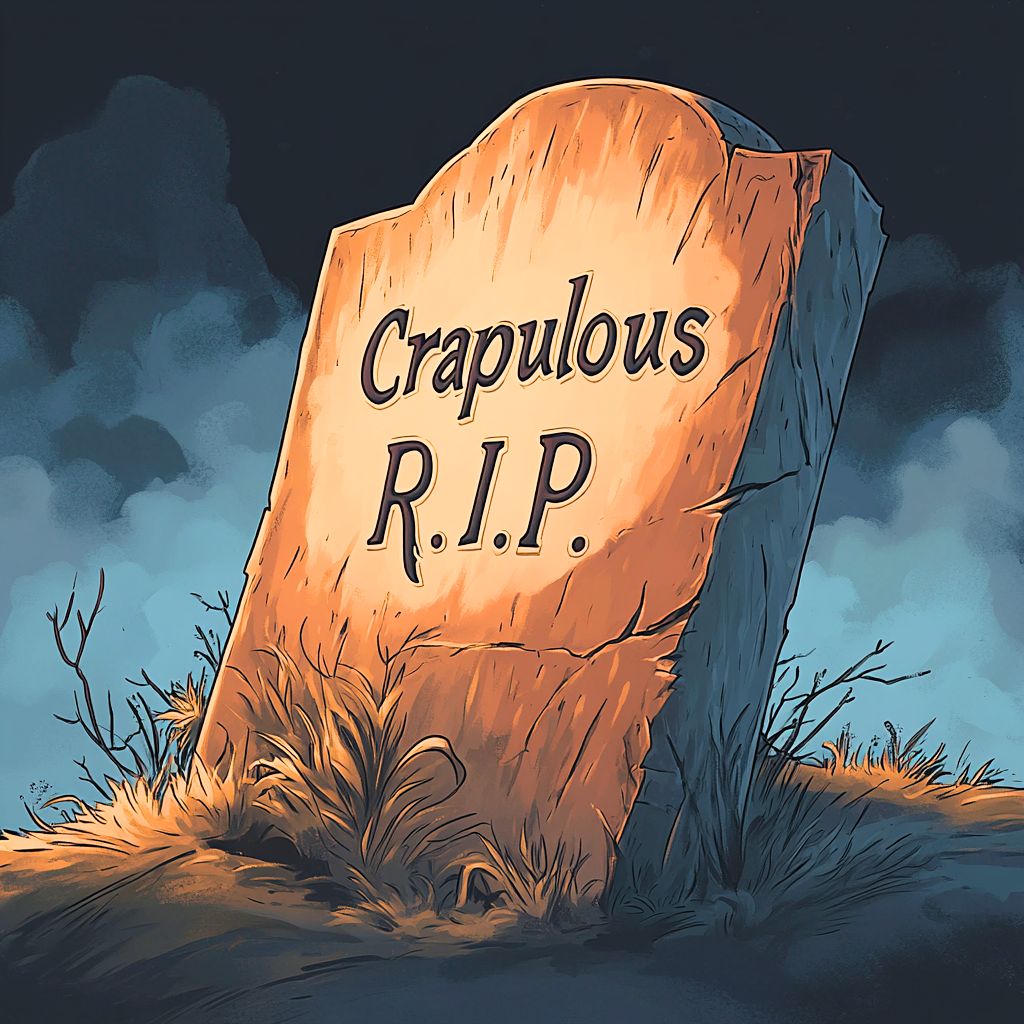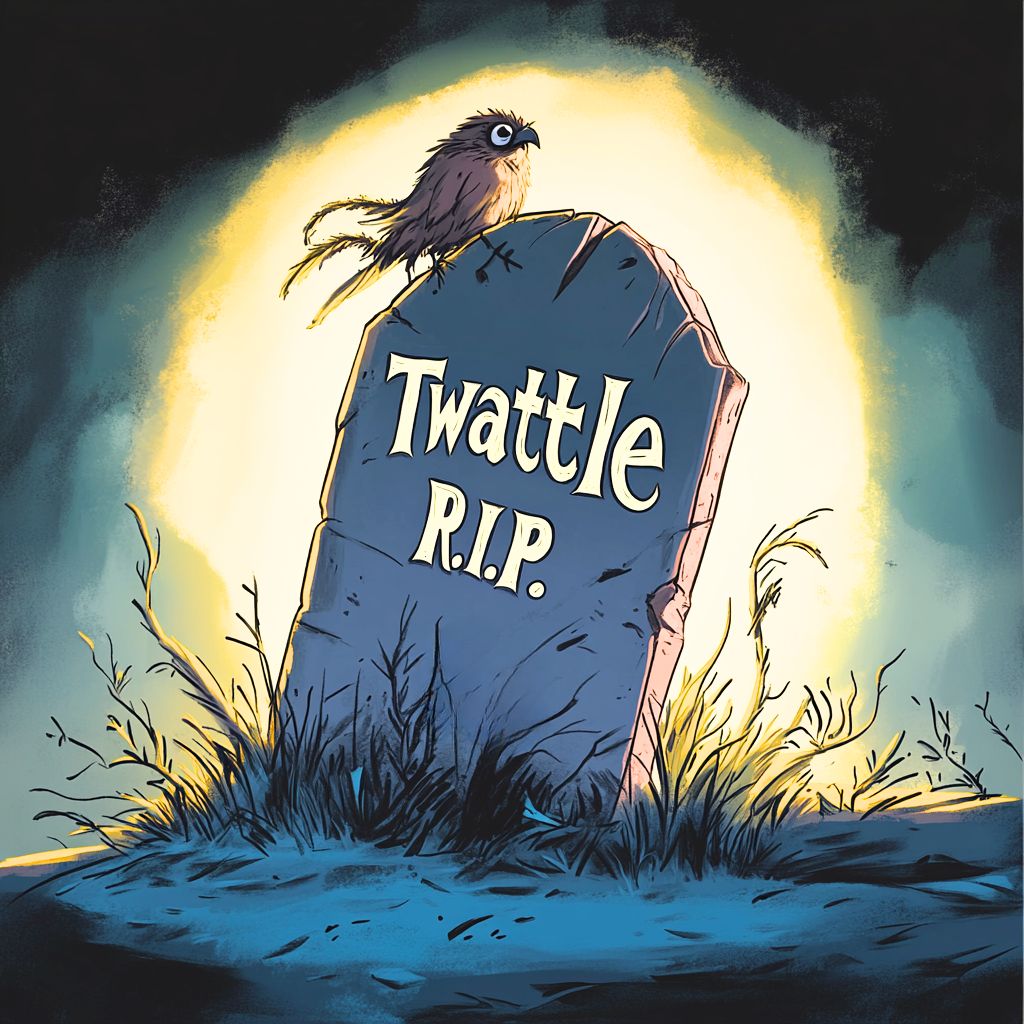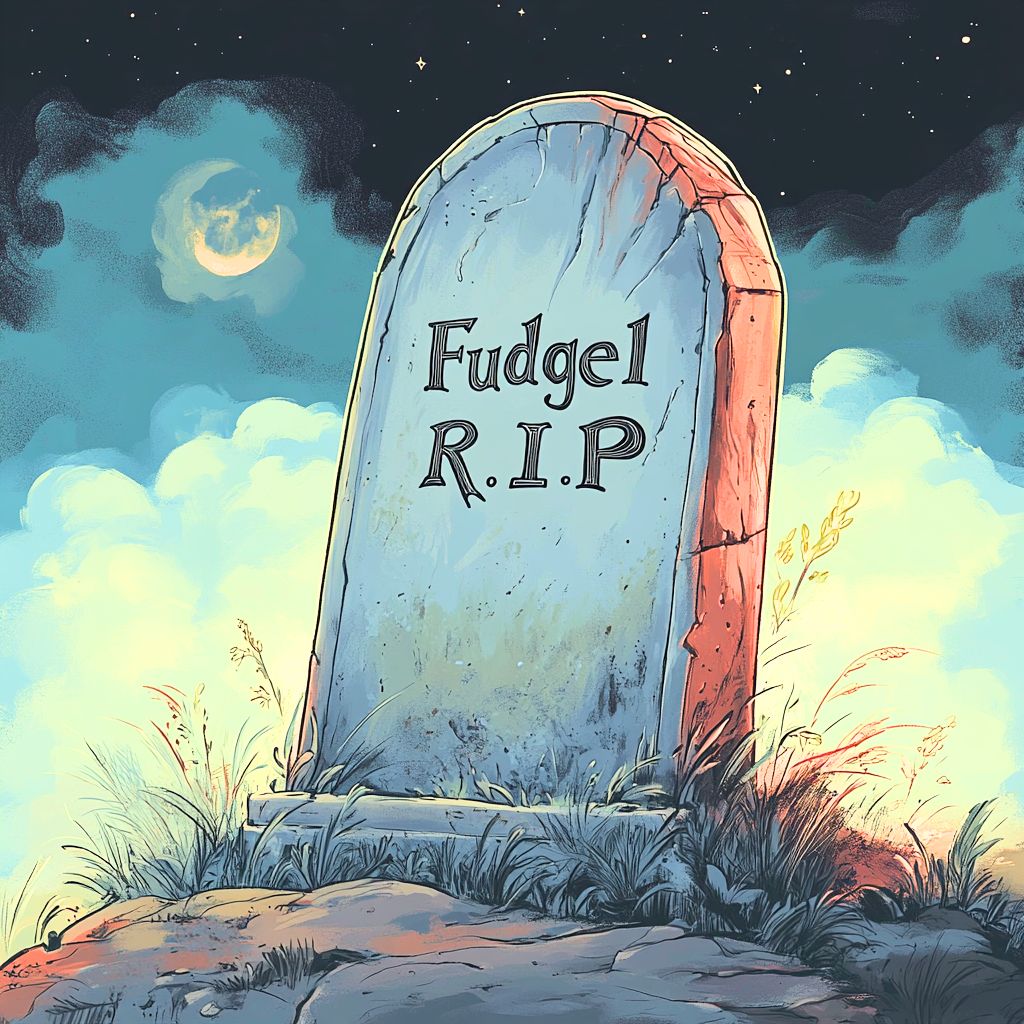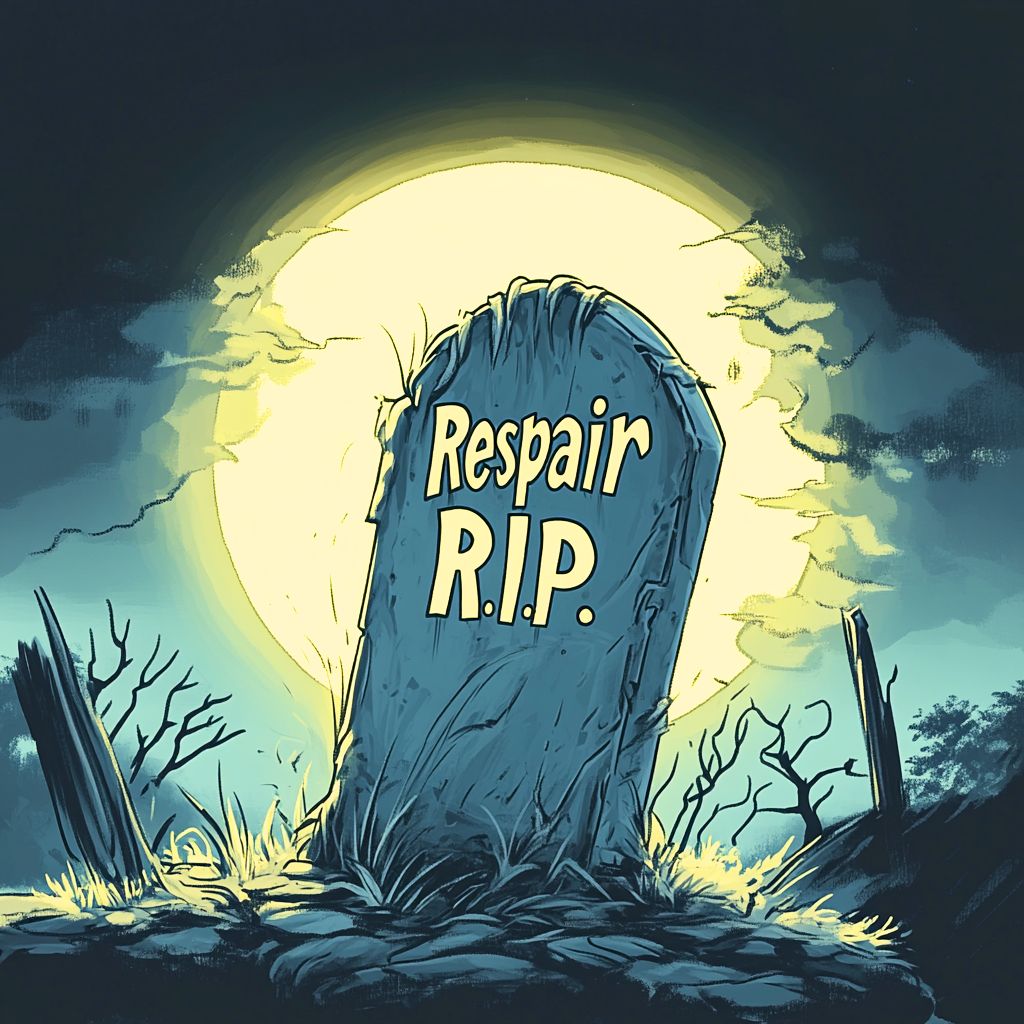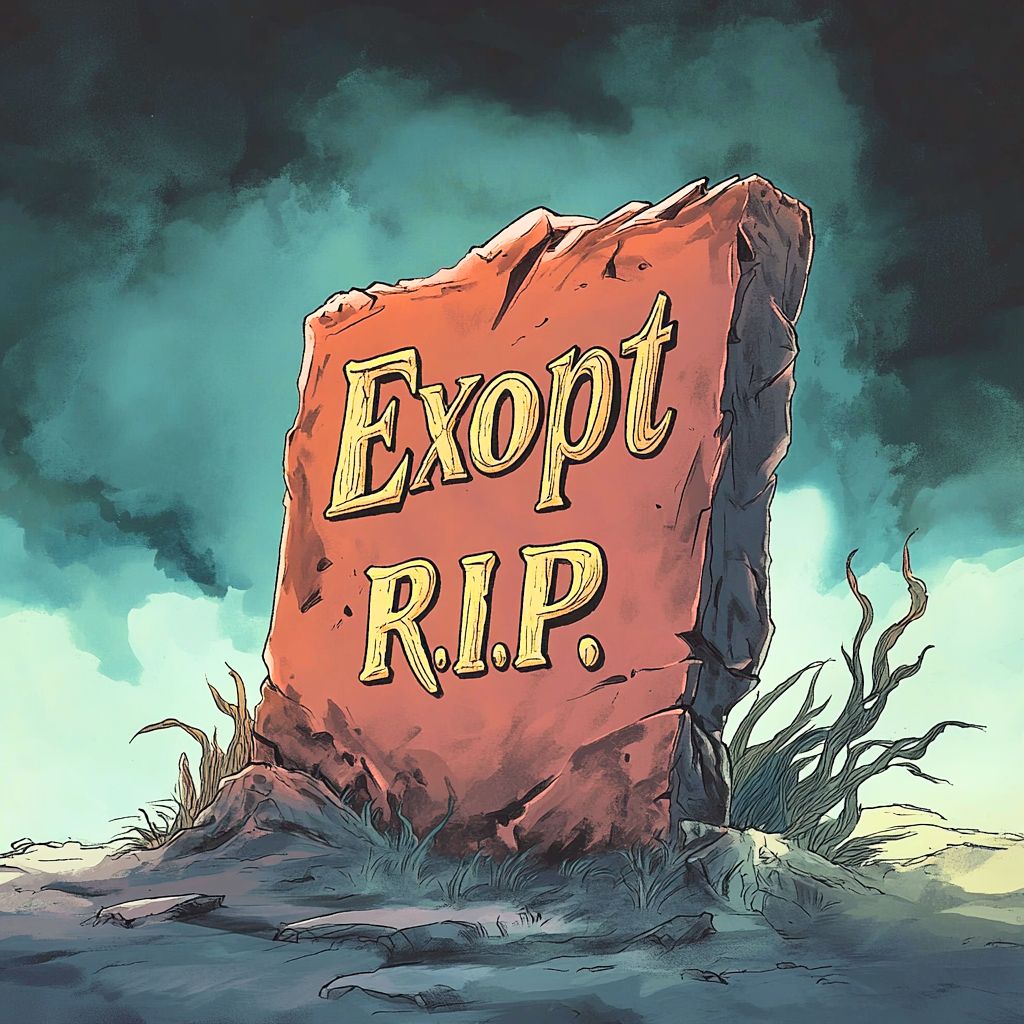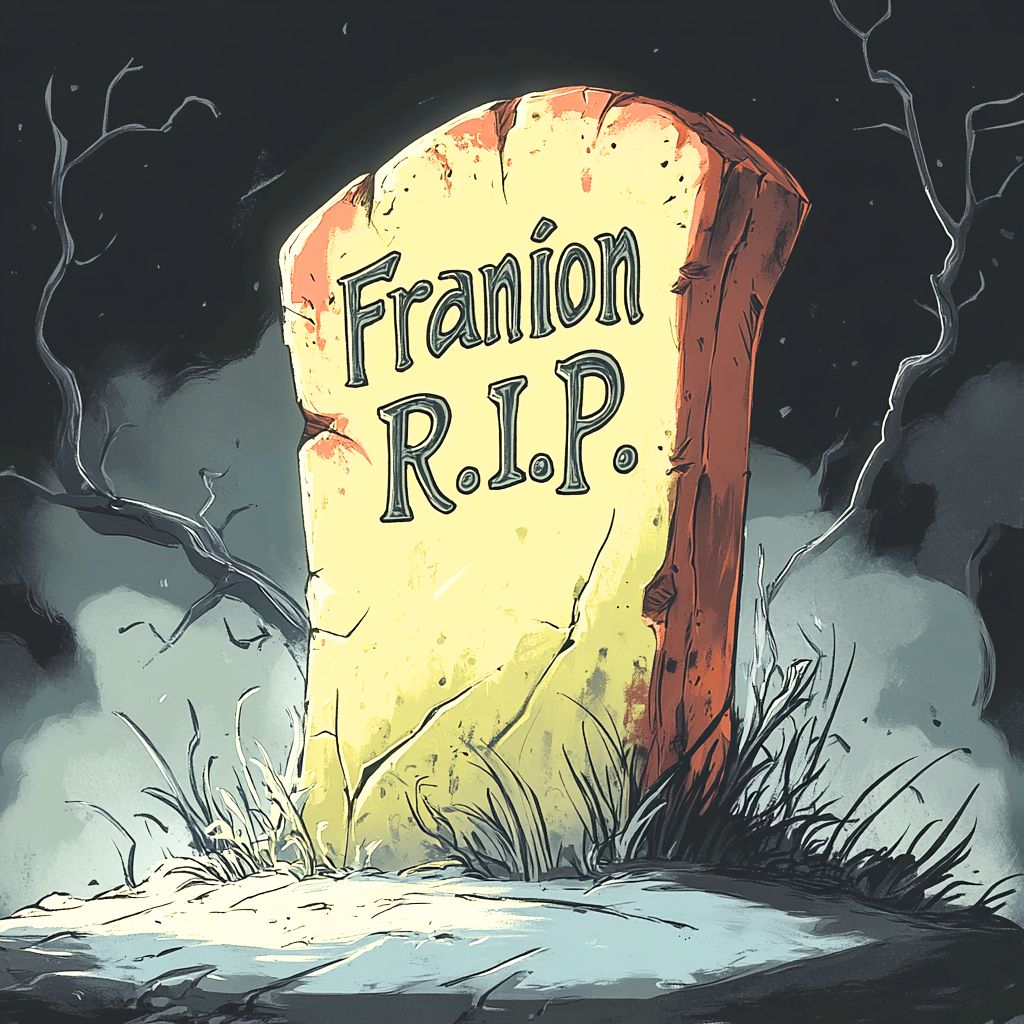In the vast graveyard of the English language lie countless words, once vibrant and full of life, now silent and forgotten. These “dead words” were once the darlings of everyday conversation but have since shuffled off this lexical coil.
In this article, we’re here to pay our respects to ten such words. They may no longer grace our speeches or texts, but their unique charm and meanings deserve a moment in the spotlight. So, join us as we dig up these long-buried gems and celebrate their forgotten brilliance.
Prepare to be entertained, enlightened, and perhaps even inspired to revive a few of these linguistic relics. After all, who says words can’t come back from the dead?
Let’s get started and meet our dearly departed vocabulary!
1. Groak: The Silent Dinner Guest
First on our list of dearly departed words is “groak.” Imagine sitting at a dinner table, enjoying a sumptuous meal, only to find someone silently watching you, hoping to be invited to join. That’s groaking. This word was the ultimate weapon for anyone who’s ever perfected the art of the subtle side-eye over a plate of food.
Though “groak” has been laid to rest, its spirit lives on in every awkward family gathering and office lunchroom. Next time you catch someone giving your sandwich the longing look, remember that they’re not just being weird—they’re groaking. So, give a toast to this word that always had its eye on your fries. May it rest in delicious peace.
2. Brabble: The Art of Petty Quarreling
Next up from the crypt of forgotten words is “brabble.” Picture two people engaging in a loud, heated argument over something completely trivial, like the correct way to hang a toilet paper roll or the true color of that infamous dress. That’s brabbling—raising a ruckus over issues that don’t really matter.
While brabble may have shuffled off this mortal coil, its essence haunts every social media comment section and family dinner table debate. The next time you find yourself brabbling over something inconsequential, take a moment to appreciate this word that captured the spirit of petty squabbles with such flair. Raise a glass to “brabble,” the word that knew how to make a mountain out of a molehill. May it rest in peace, preferably in a quiet place far from argumentative souls.
3. Snollygoster: The Unprincipled Politician
Now we exhume the delightfully disdainful “snollygoster.” This word was tailor-made for those slippery, unprincipled politicians who would do anything to get ahead. Imagine a character straight out of a scandal-ridden political drama, always scheming and never quite trustworthy—that’s a snollygoster.
Though “snollygoster” has been interred in the cemetery of obsolete words, its spirit roams the halls of every government building. When you encounter a politician whose actions seem driven by pure opportunism, remember this term that once perfectly embodied their essence. Tip your hat to “snollygoster,” the word that reminds us some political tactics never change. May it rest in political purgatory, forever shadowing the corridors of power.
By the way, this might be a good time to also check out our article on “9 Bizzare Words You Won’t Believe Exist in English.” Snollygoster made that list as well. But you will find other gems right there.
4. Quockerwodger: The Puppet Politician
Our next resurrection is “quockerwodger,” a word as whimsical as it sounds. This term originally referred to a wooden puppet controlled by strings, but it later evolved to describe a politician who is nothing more than a puppet, controlled by others.
Though “quockerwodger” has joined the ranks of the dearly departed, its meaning remains eerily relevant. Every time you see a politician who seems to have strings attached, dancing to the tune of their backers, you’re witnessing a quockerwodger in action. Give a nod to this wonderfully evocative word that once captured the essence of political puppetry. May “quockerwodger” rest in peace, forever haunting the political stage from behind the scenes.
5. Crapulous: The Aftermath of Overindulgence
From the annals of linguistic history, we now summon “crapulous.” This delightful word perfectly describes the feeling you get after indulging in too much food or drink—a state of discomfort and regret familiar to anyone who’s faced the aftermath of a holiday feast or a wild night out.
Though “crapulous” has been laid to rest, its spirit lingers in every post-party hangover and post-holiday bloat. The next time you find yourself moaning on the couch, clutching your stomach and swearing off that last slice of pie, remember that you are experiencing a crapulous moment. Raise a glass of water (or maybe a bottle of antacids) to “crapulous,” the word that knew the true cost of overindulgence. May it rest in peace, alongside our best intentions to eat sensibly.
6. Twattle: The Art of Idle Gossip
Next, we dig up “twattle,” a word that once captured the essence of idle, often pointless chatter or gossip. Imagine the kind of conversation that takes place over garden fences, at coffee shops, or during lengthy phone calls where nothing of substance is discussed—just a constant stream of inconsequential talk.
While “twattle” has been buried in the past, its ghost can be found wherever there’s small talk to be had. The next time you find yourself stuck in a conversation about the weather or the latest neighborhood drama, think of it as a session of twattling. Salute “twattle,” the word that elegantly represented the art of babbling (not brabbling!) about nothing. May it rest in peace, quietly whispering among the echoes of idle conversations.
7. Fudgel: The Pretend Work Ethic
Our next exhumed word is “fudgel,” a term that described the act of pretending to work when you’re actually doing nothing. Picture someone in the office, strategically shuffling papers or staring intently at their screen, all while accomplishing absolutely zilch—that’s fudgeling.
Though “fudgel” has faded from our vocabulary, its spirit is alive and well in every workplace, especially on a lazy Friday afternoon. The next time you catch yourself or a coworker engaging in the fine art of looking busy without actually being busy, remember that you’re witnessing a masterful display of fudgeling. Tip your hat to “fudgel,” the word that knew how to fake it till you make it. May it rest in peace, forever haunting the cubicles of the disengaged.
8. Respair: The Hopeful Resurrection
Rising from the grave of forgotten words, we present “respair,” a term that signified a fresh burst of hope or recovery from despair. Imagine a moment of turning the corner after a tough time, where everything suddenly seems brighter and more hopeful—that’s respair.
Though “respair” has vanished from our daily lexicon, its essence is something we all experience. Every time you feel a wave of optimism after a period of struggle, you’re embracing the spirit of respair. Raise your spirits to “respair,” the word that captured the joyous return of hope. May it rest in peace, forever cheering from the sidelines of our comebacks.
9. Exopt: The Great Wish
From the tomb of lost vocabulary, we now resurrect “exopt,” a word that meant to wish or desire greatly. Think of the intense longing for something cherished or the fervent hope for a dream to come true—that’s exopting.
Though “exopt” has been consigned to linguistic history, its sentiment is timeless. Every time you find yourself daydreaming about a far-off vacation or fervently hoping for a promotion, you are exopting. Raise a hopeful heart to “exopt,” the word that embodied our deepest wishes and grandest desires. May it rest in peace, whispering our dreams into the ether.
10. Franion: The Dissolute Fellow
Lastly, we unearth “franion,” a term once used to describe a dissolute, idle fellow, someone who led a carefree and often reckless life. Picture a charming rogue, always on some frivolous adventure, shirking responsibilities and embracing indulgence—that’s a franion.
Although “franion” has slipped into the shadows, its ghost lingers in every tale of the lovable scoundrel and the carefree adventurer. The next time you encounter someone living life on their own terms, with a devil-may-care attitude, think of them as a modern-day franion. Lift a glass to “franion,” the word that celebrated the joyously irresponsible. May it rest in peace, forever roving the world with a mischievous grin.
Farewell, forgotten friends!
And there you have it, a tour through the linguistic graveyard where ten of our dearly departed words have been laid to rest. Though these words might be gone from everyday use, they remind us of the rich history and ever-evolving nature of the English language.
As we bid adieu to “groak,” “brabble,” “snollygoster,” “quockerwodger,” “crapulous,” “twattle,” “fudgel,” “respair,” “exopt,” and “franion,” let’s take a moment to appreciate the whimsy and wit they once brought to our conversations. Who knows? Maybe with a little effort, we can breathe new life into these lexical relics.

Hey fellow Linguaholics! It’s me, Marcel. I am the proud owner of linguaholic.com. Languages have always been my passion and I have studied Linguistics, Computational Linguistics and Sinology at the University of Zurich. It is my utmost pleasure to share with all of you guys what I know about languages and linguistics in general.

